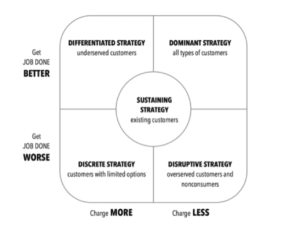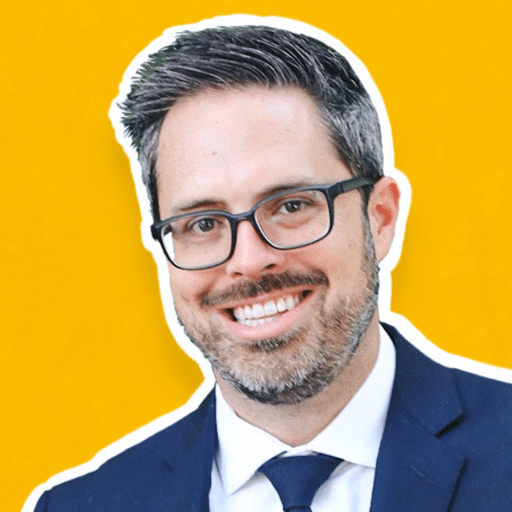To say that the financial services industry is in a state of flux would be a gross understatement. Clients are hungry for better, more cost-effective solutions. Technology is evolving at a dizzying pace. That’s prompting entrepreneurial advisors to explore groundbreaking new business models. Traditional providers are scrambling to overhaul old school offerings in order to compete. These trends only reinforce each other, driving change at an unprecedented rate.
Yet these developments are just the tip of the iceberg. There remain hundreds of millions of people with needs that are not being filled. Many don’t even attempt to seek financial advice of any kind. These are the non-consumers the industry has never found a way to adequately serve. Millions more are severely underserved by traditional cookie-cutter answers to individualized concerns. At the same time, millions are severely overserved and continue to pay for unnecessary products.
The market potential is enormous, making financial services an industry ripe for disruption. That might sound daunting, but change brings opportunity. And when opportunity knocks, well, it’s a good idea to answer the door. So lately, I’ve been doing some soul-searching about my own advisory business plans.
Am I intentionally moving towards a place where my customer wants me to be? Or am I just sitting around, defending the status quo, hoping no one disrupts me for as long as possible?
I ask myself these questions a lot. And I’m not the only one. That was reinforced in spades this past week, when I met with ten new prospective advisors in a whirlwind of back-to-back 30-minute meetings. Ostensibly, we were there to discuss our new RIA and software development roadmap. Invariably, the conversation turned to the future of financial advice.
It was a privilege to swap observations, ideas, and insights with some of the industry’s best and brightest. This week was one of the most energizing I’ve had in a long time, and it gave me tremendous hope for the industry. A few snippets from those conversations…
Alise Kraus at Mercer Advisors intuitively understood the importance of moving away from a meeting-driven process to a more fluid planning system. We also talked about how inefficient it can be to try and service in-bound requests when your calendar is slammed.
Janae Chandler is an adjunct professor at Brigham Young University. She shared her conviction that efficiencies abound when systems are built to leverage the unique strengths of humans and technology. We also discussed the vital importance of simple, intuitive design in engaging people in the financial planning process.
Daniel Hannoush and his team are taking the concept of “niching down” to new levels. Did you know there was an RIA specializing in Chick-fil-A founders?? Me neither. But I could readily see how the shared values and customized services could make a big difference in clients’ lives. We agreed that generosity planning and charitable giving, too, are vital elements of a holistic financial strategy.
It was quite a week! I’m excited by all the opportunity and love seeing what everyone is working on out there. Now, how to channel all this energy and creativity to better serve clients?
In his book “Jobs to be Done”, Anthony Ulwick provides a framework for thinking about that. His premise? Instead of getting bogged down in features, capabilities, or industry standards, you must focus on the job your client is trying to get done. Then you can figure out how to direct your firm’s resources to best support that client. Ulwick diagrams four distinct business models (differentiated, dominant, discrete, disruptive) to help you find your sweet spot.

It will require some introspection – and many open-minded conversations with clients and prospects – to discover where you can add the most value. But it beats the alternative Ulwick sees: “sustaining” models where teams sit around on an old system or product and hope they last long enough for them not to be disrupted.
The handwriting is on the wall for financial advisors. Change is not optional. So ask yourself: who are you serving? And where will you be on the other side of this seismic shift? To survive and thrive, be the change. Help your clients get the job done.

